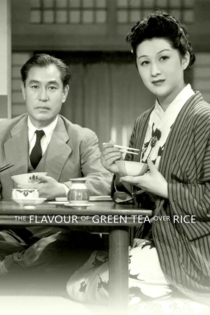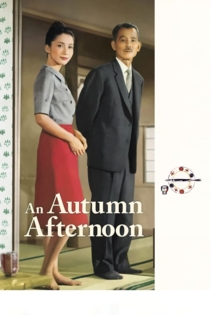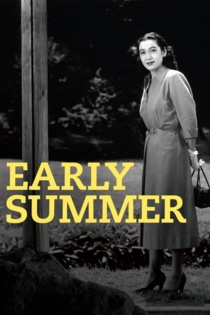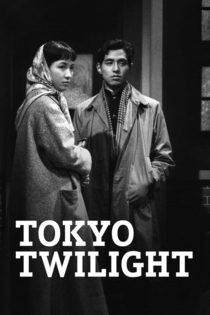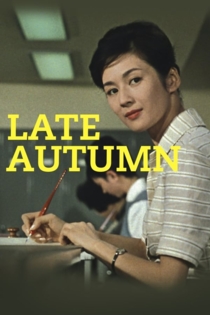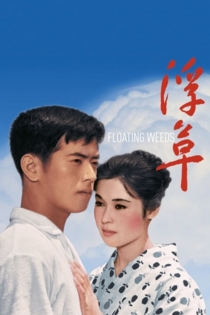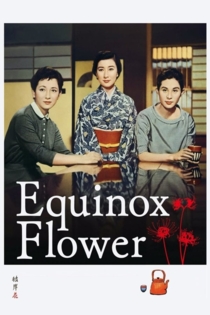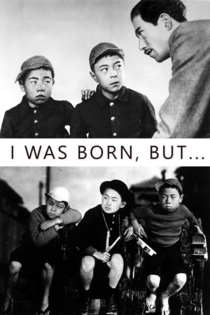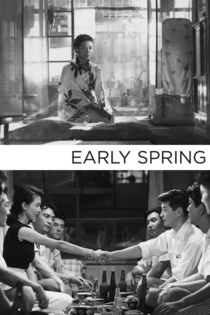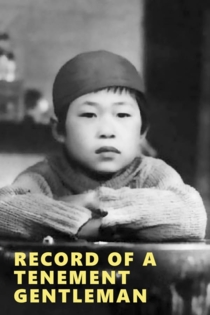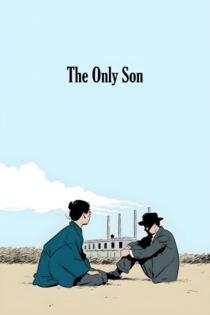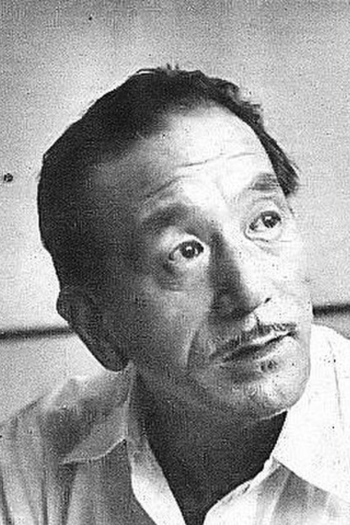
Yasujirō Ozu
1903 - 1963吉田喜重が語る小津さんの映画
Yoshishige Yoshida
Yoshishige Yoshida, Yasujirō Ozu
Yoshida grew close to Ozu Yasujiro during his time at Shochiku, where he was able to observe the legendary master at work. Although Yoshida and his generation outspokenly rejected the values of Ozu, Kurosawa and the older humanist filmmakers, over the years Yoshida found himself increasingly drawn back to Ozu’s films, fascinated by their unique rigor, formal language and delicate balance between comedy and tragedy. For Japanese television, Yoshida adapted his own text into a four part documentary, which he also condensed into the one hour version.
The Cinema of Ozu According to Kiju Yoshida
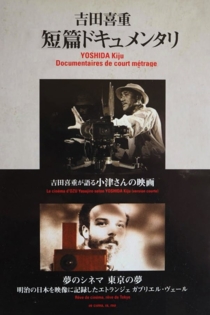
晩春
Yasujirō Ozu
Chishū Ryū, Setsuko Hara
Noriko is perfectly happy living at home with her widowed father, Shukichi, and has no plans to marry -- that is, until her aunt Masa convinces Shukichi that unless he marries off his 27-year-old daughter soon, she will likely remain alone for the rest of her life. When Noriko resists Masa's matchmaking, Shukichi is forced to deceive his daughter and sacrifice his own happiness to do what he believes is right.
Late Spring
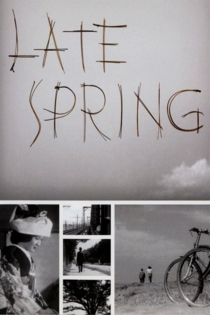
東京物語
Yasujirō Ozu
Chishū Ryū, Chieko Higashiyama
The elderly Shukishi and his wife, Tomi, take the long journey from their small seaside village to visit their adult children in Tokyo. Their elder son, Koichi, a doctor, and their daughter, Shige, a hairdresser, don't have much time to spend with their aged parents, and so it falls to Noriko, the widow of their younger son who was killed in the war, to keep her in-laws company.
Tokyo Story
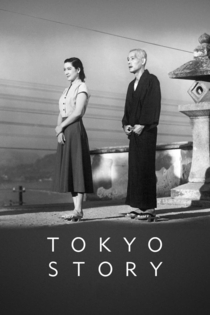
お早よう
Yasujirō Ozu
Keiji Sada, Yoshiko Kuga
A lighthearted take on director Yasujiro Ozu’s perennial theme of the challenges of intergenerational relationships, Good Morning tells the story of two young boys who stop speaking in protest after their parents refuse to buy a television set. Ozu weaves a wealth of subtle gags through a family portrait as rich as those of his dramatic films, mocking the foibles of the adult world through the eyes of his child protagonists. Shot in stunning color and set in a suburb of Tokyo where housewives gossip about the neighbors’ new washing machine and unemployed husbands look for work as door-to-door salesmen, this charming comedy refashions Ozu’s own silent classic I Was Born, But . . . to gently satirize consumerism in postwar Japan.
Good Morning
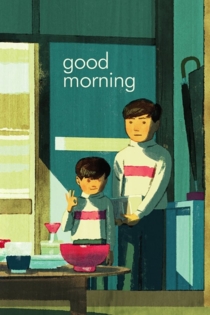
お茶漬けの味
Yasujirō Ozu
Shin Saburi, Michiyo Kogure
Takeo, a capricious wife from Tokyo high society, is bored by her dull husband, a quiet and reliable company executive raised in the country. After a crisis, she understands better his true value. A parallel sub-plot shows her niece rebelling against the tradition of arranged marriages.
The Flavor of Green Tea Over Rice
